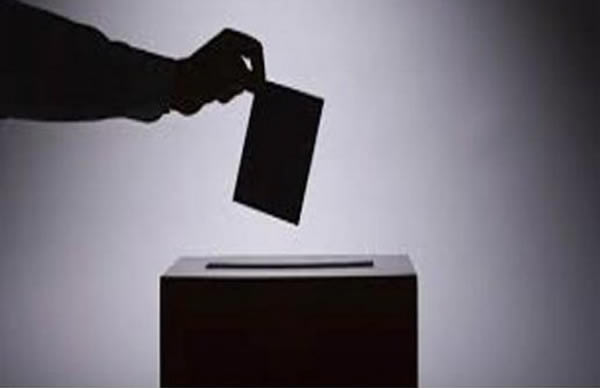
A Senior Advocate of Nigeria, Victor Okpara, and human rights lawyer, Inibehe Effiong, have argued that avoidable imperfections in elections, usually occasioned by the Independent National Electoral Commission, politicians, security agents and some other stakeholders, lead to the volume of post-election cases.
They spoke in reaction to the Presidential Election Petition Tribunal judgment on Wednesday, where the victory of President Bola Tinubu of the All Progressives Congress was upheld.
INEC had declared Tinubu as the winner of the February 25 presidential election, a decision that was challenged severally by the candidates of the Labour Party, the Peoples Democratic Party and the Allied Peoples Movement.
Apart from the presidential election, the outcome of many other elections in which the winners were declared by the electoral umpire were being contested by opposing candidates at various election tribunals.
Usually after the ruling of the tribunal, aggrieved candidates often resort to appellate courts, worsening the volume of cases in the various courts.
INEC had lamented the volume of litigation arising from elections and primaries, blaming the non-adherence of political parties and politicians to party guidelines for the development.
INEC had budgeted over N3bn to defend the results of the February 25 presidential and National Assembly elections and the March 18 governorship and state Assembly polls.
Speaking on post-election litigation, Okpara stated that the electoral umpire must improve on its processes to further earn the trust of Nigerians, while accusing politicians and security agencies of sabotaging elections.
He stressed that if politicians and the government could show the will to allow credible elections, the process would be devoid of litigation.
He added, “People are going to court because they are dissatisfied with the electoral process. Dissatisfaction is different from going to court for the fun of it. That’s why I said the electoral umpire needs to up its game. Our electoral experiments have not really done well, and even the politicians keep on ensuring that we don’t have a credible election.
“INEC needs to be very independent and they need to do better than they are doing. Again, it’s a holistic thing. If INEC wants to carry out the election in the riverine area, are they the ones that will post police or military personnel there?
“Where you can really blame INEC is where they were actively involved in rigging. So, it’s not only an INEC problem, it’s a police, military, and political problem. Politicians can connive with the police or any other agencies to subvert the will of the people. The government needs to be very sincere. A government that wants to perpetuate itself in power would not want a functional INEC. They will make sure that INEC does not function properly.”
He stressed the need for more integration of technology to reduce human involvement in the exercise.
Meanwhile, Effiong blamed the electoral umpire, saying, “The fact that we see elections being litigated every four years is a sign and indicative of the problem with INEC as an institution.
“We had a commission that did not take truth and honesty seriously; an institution that puts regulation in place, collects public funds to implement the regulation, promising that the regulation will be implemented but on the day of election sabotages the same process and then gets away with it.
“So, if you have that kind of situation, people should have the right to go to court because INEC is not trusted by many Nigerians. That is why there is voter apathy and people have lost faith in the electoral process.”
Human rights lawyer and former President of the Committee for the Defence of Human Rights, Malachy Ugwumadu, however called for the strengthening of all the institutions involved in the electoral process for credible polls in the country.
He added, “INEC as an institution should go beyond producing ballot papers but must ensure they deliver to meet the people’s expectations based on the confidence reposed in them.
“There must also be a punishment for whoever made any errors during the electoral process. That is why the Electoral Act (2022) made provisions for punishment for anyone that commits any electoral offence.”





